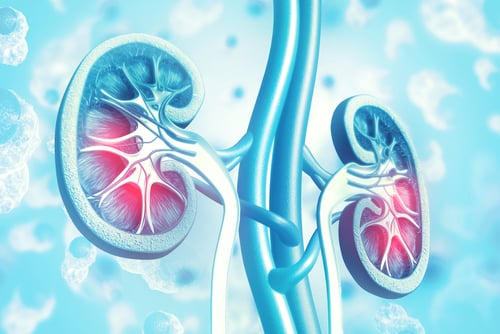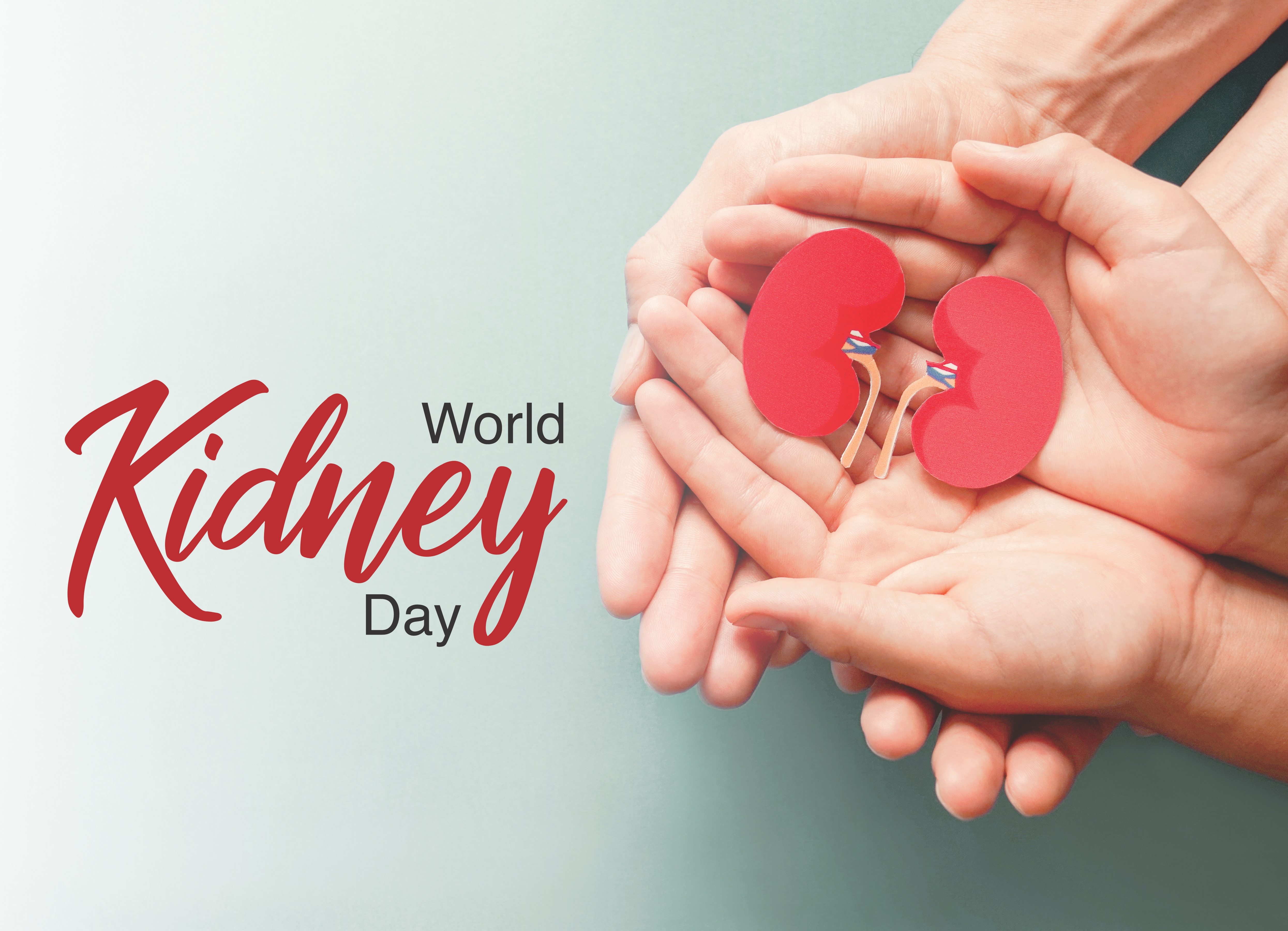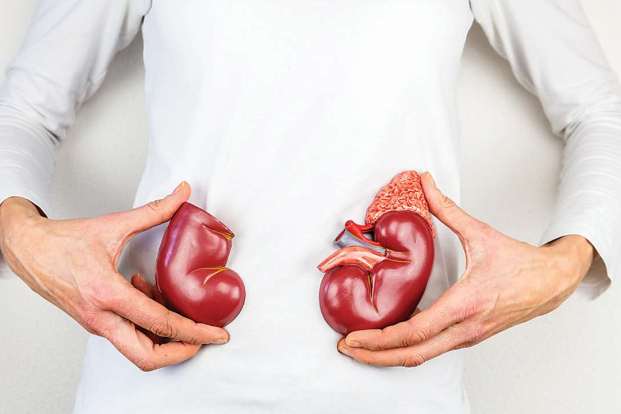Categories
- Bariatric Surgery (11)
- Black Fungus (5)
- Bone Marrow transplant (3)
- Brain Tumor Surgery Navigation Technology (20)
- Cardiac Surgery (66)
- Cardiology (97)
- Computer navigation technology for joint replacements (20)
- Covid Vaccination (17)
- Critical Care (2)
- Dental (19)
- Dermatology (31)
- Dialysis Support Group - “UTSAAH” (11)
- Dietitian (33)
- Emergency Medicine (4)
- Emotional Health (11)
- Endocrinology (33)
- ENT (20)
- Gastroenterology and GI Surgery (53)
- General and Laparoscopic Surgery (21)
- General Surgery (4)
- Gynecology & Obstetrics (183)
- Hematology (20)
- Internal Medicine (294)
- Kidney Transplant (50)
- Kidney Transplantation (20)
- Lung Cancer (8)
- Minimal Invasive Surgery (1)
- Mother & Child (20)
- mucormycosis (5)
- Nephrology (61)
- Neurology (147)
- Neurosurgery (68)
- Nutrition and Dietetics (107)
- Omicron Variant (1)
- Oncology (288)
- Ophthalmology (10)
- Orthopaedics & Joint Replacement (86)
- Paediatrics (59)
- Pediatric Nephrology (3)
- Physiotherapy (5)
- Plastic & Reconstructive Surgery (6)
- Psychiatry and Psychology (90)
- Psychologist (28)
- Pulmonology (72)
- Rheumatology (13)
- Spine Services (21)
- Transradial Angioplasty (16)
- Urology (84)
Query Form
Posted on Apr 19, 2022
Kidney Transplantation or Dialysis
Kidney failure comprises of Acute Kidney Injury (AKI) and Chronic Kidney Disease (CKD). In the majority of the patients, AKI is reversible and is characterized by decreased urine output, accumulation of toxins, and increased serum creatinine value which has occurred within hours to days. Whereas CKD is a progressive irreversible loss of kidney functions characterized by increased serum creatinine along with anemia, bone mineral abnormalities, and accumulations of toxins which has persisted for at least 3 months.
Renal replacement therapy for kidney failure is Dialysis (Hemodialysis or Peritoneal Dialysis) and Transplantation. Hemodialysis is a maintenance therapy which is done in the hospital on a machine thrice weekly, each session for 4 hours through the vascular access. While peritoneal dialysis is known as home dialysis where dialysate is put in the peritoneal cavity for the prescribed time period and then removed. This is repeated for 3-5 sessions daily and 1 long session at night.

Every session of hemodialysis has a risk of cardiovascular, cerebrovascular accidents, cramps, decrease blood pressure, infections like HIV, Hepatitis B, Hepatitis C, infection in the blood, etc. The patient is on several medications to control BP, hemoglobin, and other parameters. Simultaneously the patient is also on a restricted diet and fluid intake. Regular dialysis is advised to avoid sudden medical emergencies. The cost of the therapy is approximately Rs. 40,000 per month.
Kidney transplantation is a surgery that places a healthy kidney into the body. The transplanted kidney takes over the functions of the diseased kidney and the patient is completely away from dialysis. The life expectancy and quality of life of the patient after transplant improve significantly. The patient is advised to get back to their normal routine within 6-8 weeks. The financial burden reduces drastically compared to the patient who is on dialysis.
Though kidney transplantation has got its own disadvantages like acute and chronic rejection still it is a preferable mode of treatment than staying in dialysis. Acute rejection after transplant can be reversible while chronic rejection happens over years.
In short, dialysis is only bridge therapy towards transplantation, once a patient has permanent damage to kidney function <15%.



